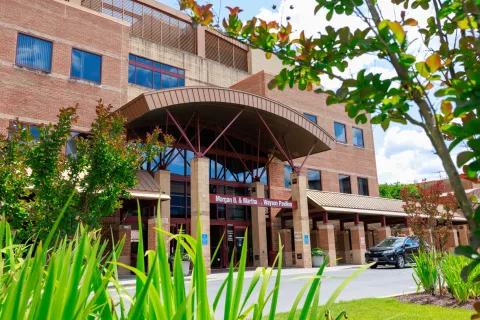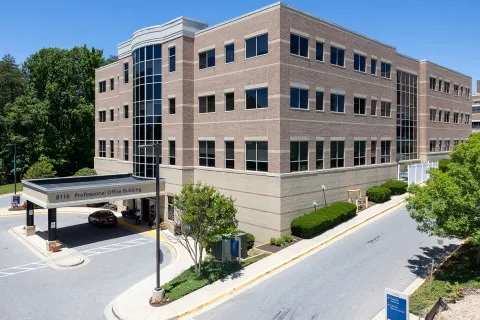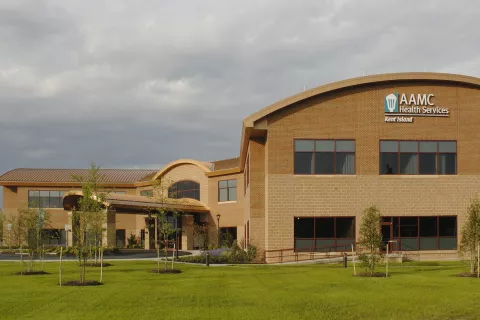Surgery is the oldest type of treatment for cancer, but that doesn't mean our methods are outdated. We use the latest minimally invasive techniques for cancer surgery whenever possible.
What Is Cancer Surgery?
In some cases, we use surgery to remove cancer, especially when it's found in just one part of the body. But sometimes surgery is a tool to diagnose cancer or to find out how far cancer has spread.
Cancer surgery is sometimes used alone. But we often combine it with radiation, chemotherapy, immunotherapy or another form of treatment.








